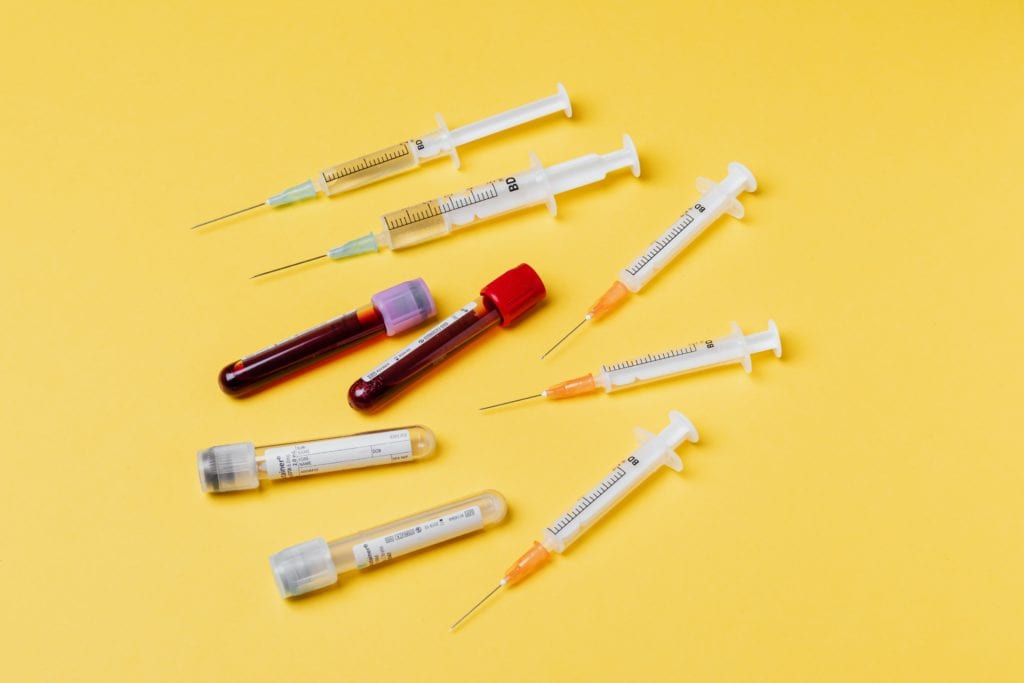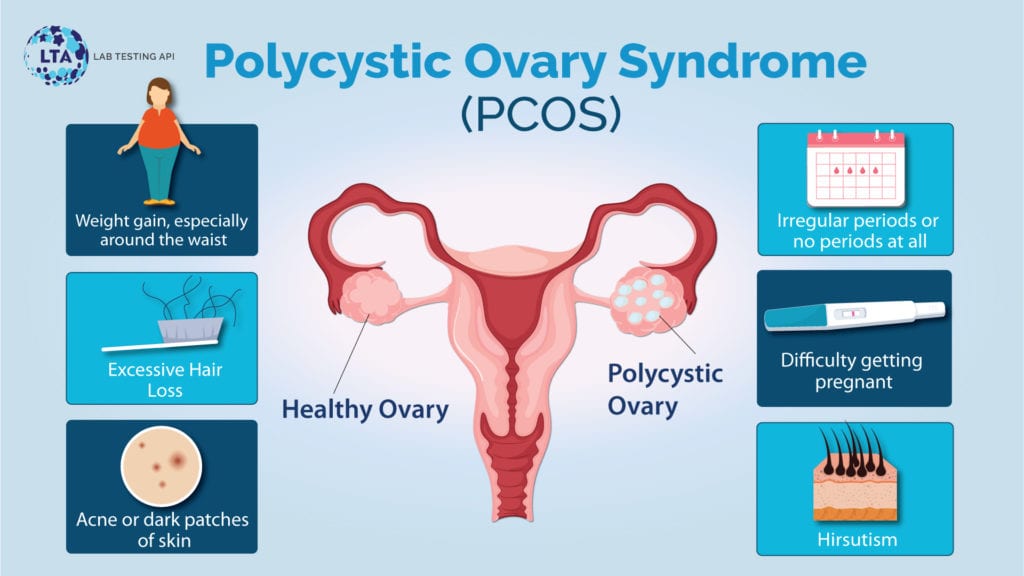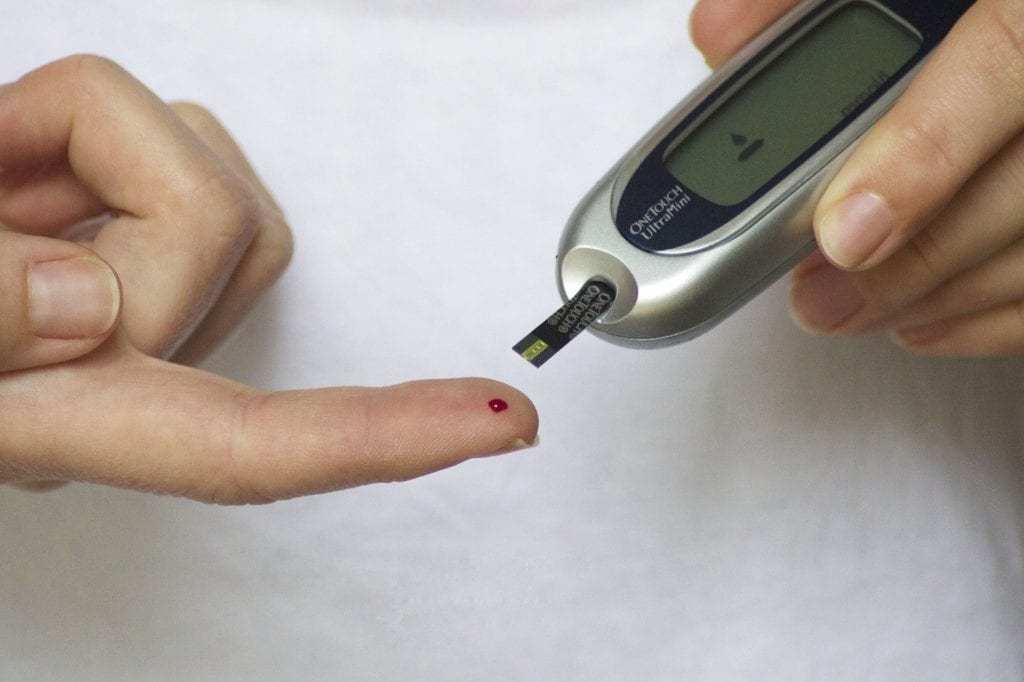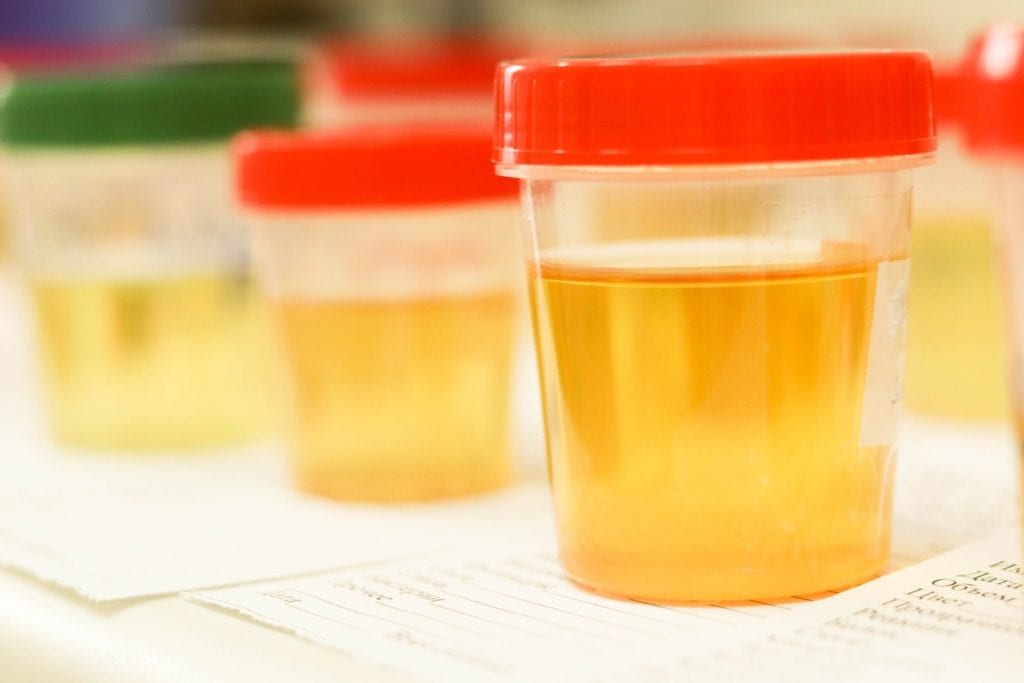
Welcome to Lab Testing API (LTA)! We understand how important it is to plan for a family and the challenges of getting pregnant. Eating clean, toxin-free food is crucial for our cells and DNA, helping our health and fertility. Omega-3 fatty acids from fatty fish reduce inflammation and support pregnancy. Healthy fats like coconut oil and avocados are essential for hormone production. Vitamin E-rich foods aid hormone function, and vitamin C boosts ovulation and sperm count. Folate is crucial for cell growth and preventing birth defects. Take care of yourself through real, whole foods, exercise, sleep, and stress management for a healthy pregnancy. Visit our website for lab tests and personalized guidance on your fertility journey. Wishing you health and happiness!

Discover simple tips to improve your heart health and achieve better cardiovascular well-being. Learn easy ways to keep your heart healthy through exercise, a nutritious diet, maintaining a healthy weight, and quitting smoking. Take control of your cardiovascular health for a brighter future.

General wellness tests and screenings are a preventative method of managing health risks and improving overall health. This article discusses the five simple general wellness blood tests that are normally suggested during your visit to a healthcare practitioner. Other tests may also be recommended by your doctor based on your personal health profile (PHP).

When it comes to the symptoms of PCOS and its association with fertility and weight gain, a large amount of misinformation is available online, which leads to misconceptions. This article is aimed to debunk the common myths about PCOS.

Polycystic Ovary Syndrome (PCOS) is a hormonal disorder in women of reproductive age. It is estimated that somewhere between 6 to 12% of US women and girls of reproductive age are living with it. This article is aimed to provide some useful information related to PCOS, its causes, symptoms, and treatment.

Diabetes mellitus (commonly called Diabetes) is a common metabolic disease. People become diabetic when the glucose (sugar) level in their blood increases. In the condition of diabetes, your body either doesn’t produce enough insulin (insulin deficient) or can’t effectively utilize the insulin made in the pancreas (insulin resistant). Our latest blog post is dedicated to discussing diabetes and its types; the health issues associated with it and various tests available to diagnose the same.

Some amount of cholesterol is needed to keep the cells and organs healthy. But high levels of LDL or bad cholesterol in the body cause the accumulation of fats in the blood vessels. This plaque may lead to heart attack, stroke, or other health issues. The article discusses few natural ways one may utilize to lower down their cholesterol levels.

Cholesterol is a waxy, fat-like substance found in the blood and every cell of the body. Total cholesterol has three main constituents: low-density lipoprotein (LDL), or “bad” cholesterol, high-density lipoprotein (HDL), or “good” cholesterol, and triglycerides (a certain type of fat). There are many unhealthy lifestyle choices that can cause high levels of LDL (low-density lipoprotein) or bad” cholesterol in the body. This article discusses those unhealthy lifestyle choices that one must avoid to keep their cholesterol levels under control.

Having blood drawn or providing a urine or stool sample may not be a pleasant experience for many of us. Chances are high that you may feel your heart racing, knots in your stomach, or palms sweating. This is normal as many of us suffer from types of phobias like hemophobia (fear of blood) or trypanophobia (fear of needles). Regardless if you experience any of these issues while going for a test, it is one of those necessary evils as they are an important part of the standard and preventive health care, which can provide important information to your healthcare practitioner about how your body is working. Here are some general tips on how to cope with pain, discomfort, and anxiety during the sample collection and make the experience less stressful.

There are many tests that need urine as a sample for testing and further result interpretation. In general, there are five standard urine tests that can be utilized to analyze the different components of urine. Out of those five tests, two of them can also be done at home, whereas the other three can only be conducted in a laboratory.